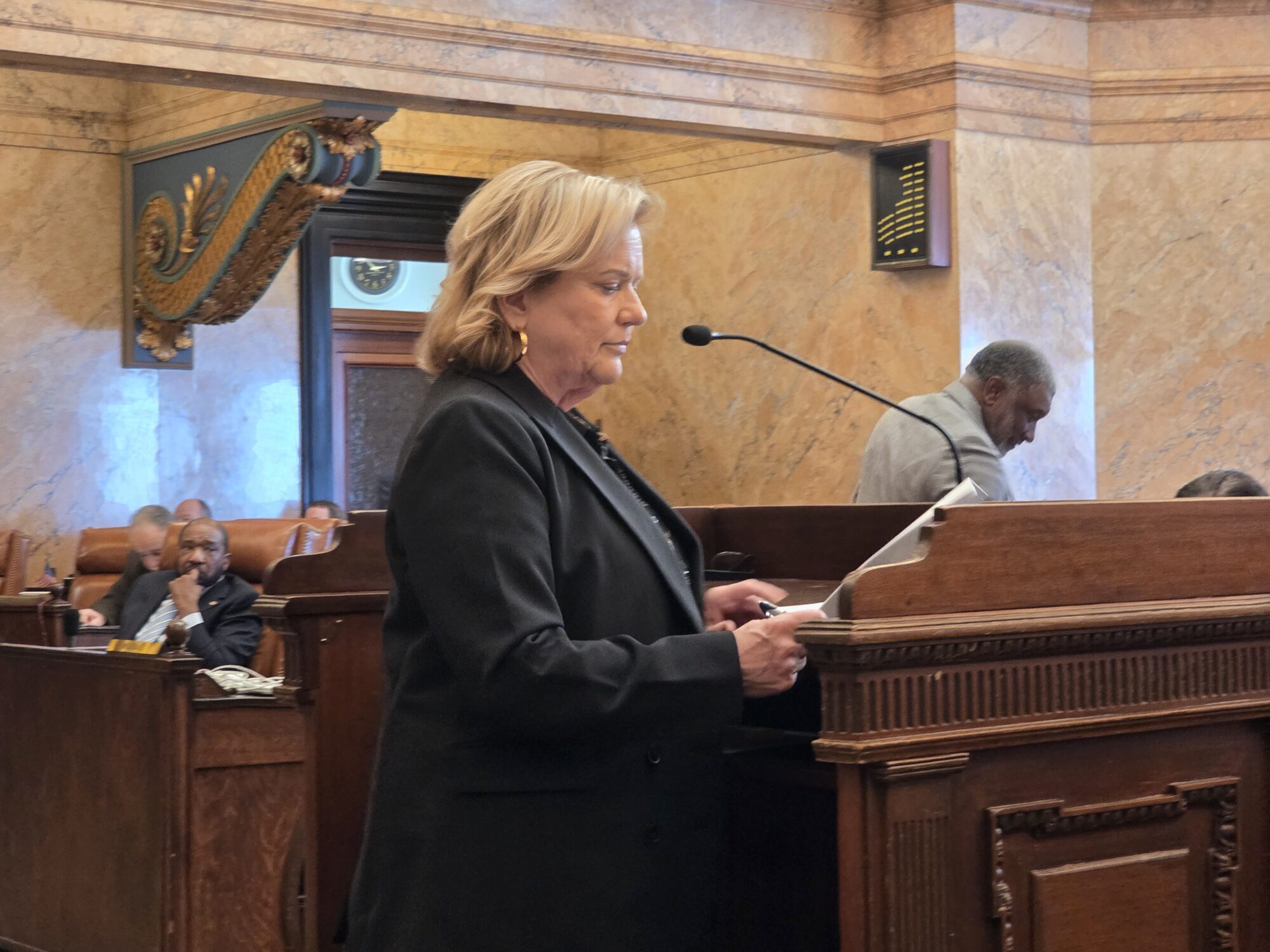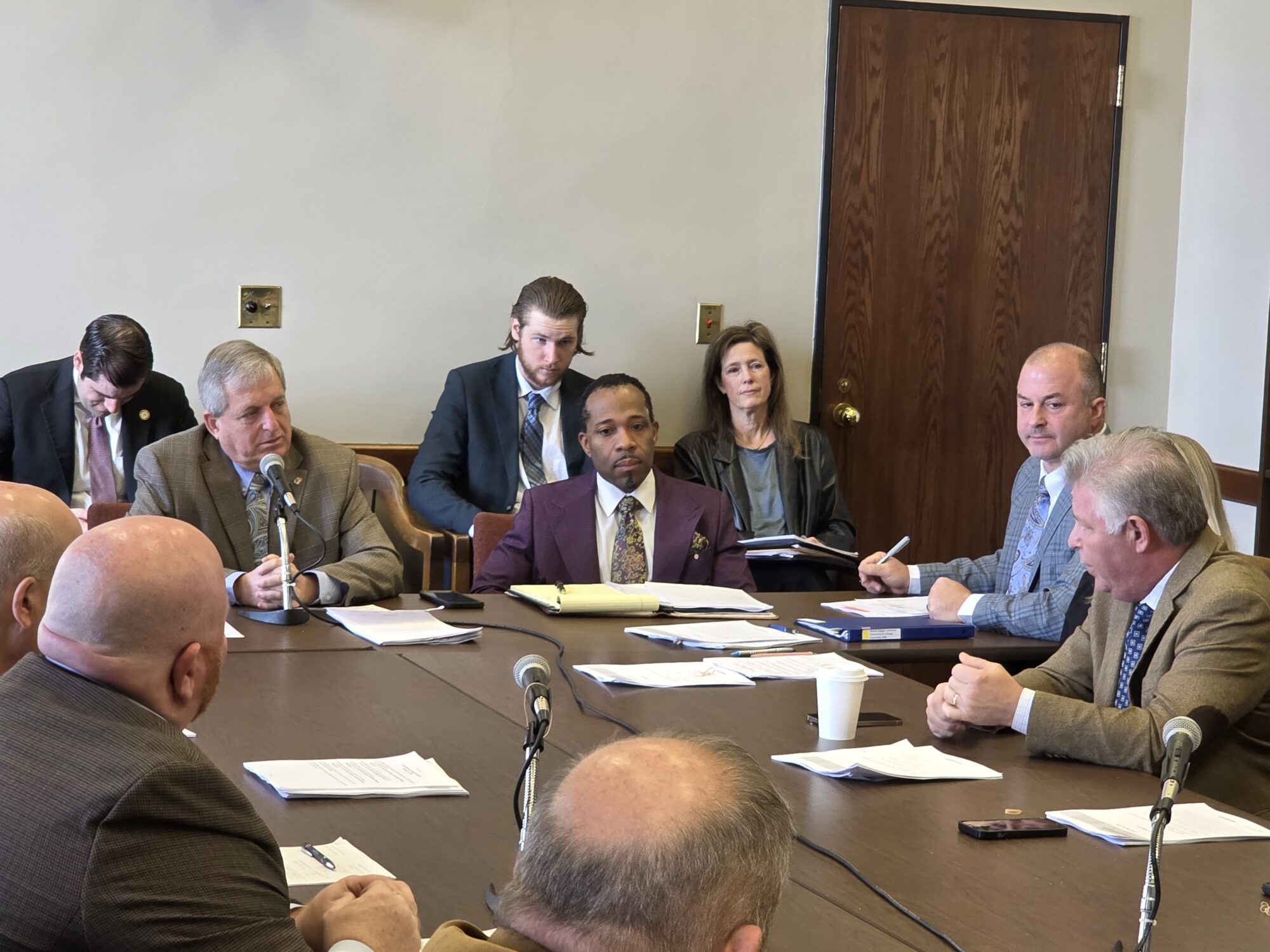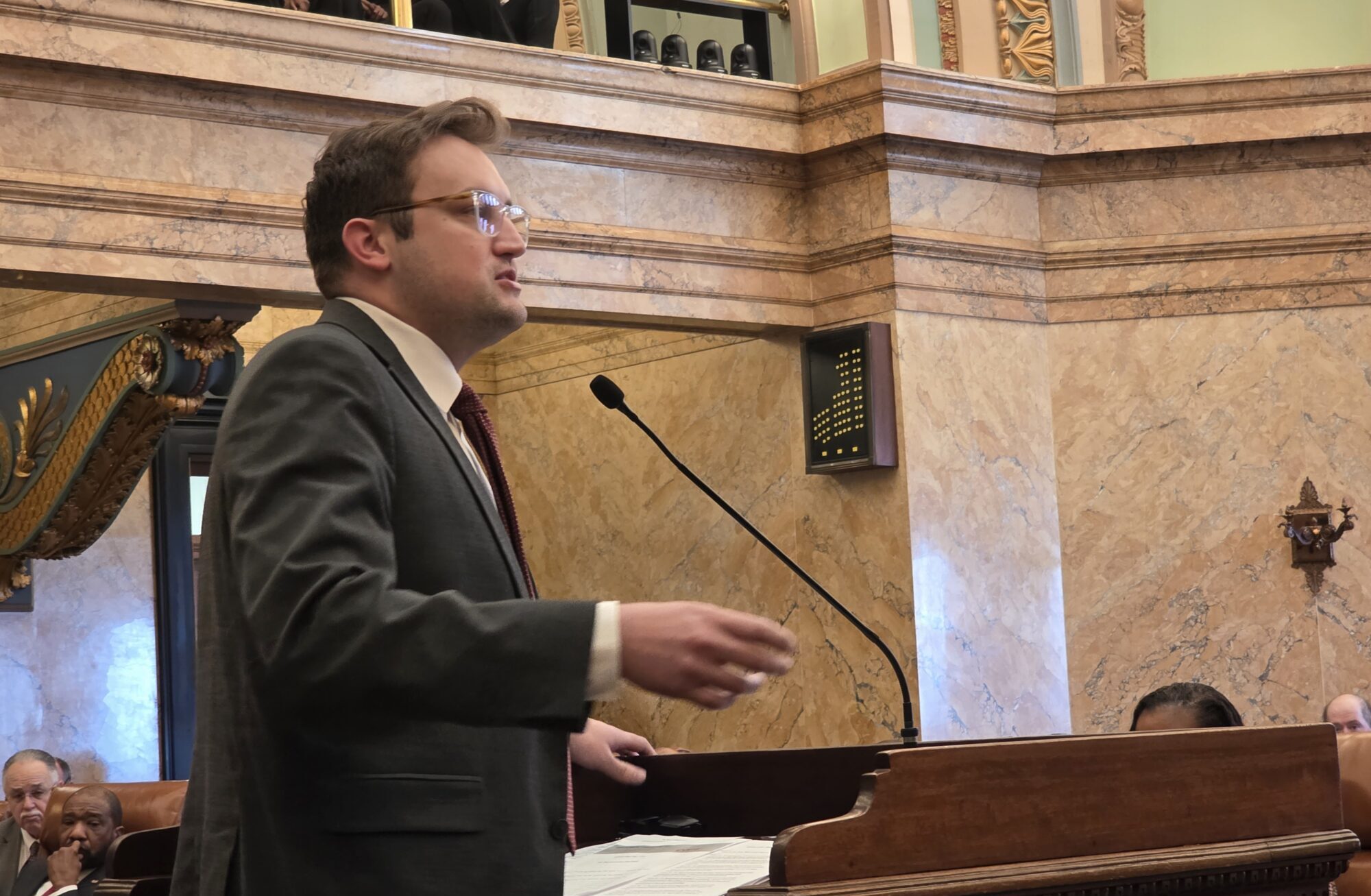Governor vetoes bill he says seeks to expand Medicaid in Mississippi

- The legislation was sent back to Senate Medicaid Committee for further work on Friday.
Governor Tate Reeves vetoed a bill Thursday that would have modified several provisions within Mississippi’s Medicaid program.
Reeves said the bill, SB 2867 or better known as the annual Medicaid Technical Amendments Bill, essentially provided for as an expansion of Medicaid, something he has been adamantly opposed to and repeatedly spoken against during his time as Governor.
A few of the changes listed in the legislation entailed requiring less frequent medical examinations and redeterminations for children with long-term and chronic conditions, allowing foster children to be eligible for benefits until age 26, eliminating the need for the State Division of Medicaid to apply for Centers for Medicare and Medicaid Services waivers for patients who are in end-stage renal disease, and allowing rural hospitals to opt out of reimbursements from the Medicaid program for outpatient services under the Ambulatory Patient Classification system.
The measure would have also required reimbursement for a pair of eyeglasses every two years instead of every five and allowing for oral birth control prescriptions to be dispensed in 12-month supplies.
Some of the expansions noted in the bill included allowing the State Division of Medicaid to provide perinatal care for high-risk beneficiaries that do not have access to that care under another program, and allowing the Division of Medicaid to provide reimbursement for services provided at a Community Behavioral Health Center, among several others.
In the Governor’s veto message, Reeves states that in his estimation, the bill would have incurred additional recurring costs of $40 million to the overall annual Medicaid budget, of which the state would have to fund 24 percent.
Reeves also expressed concern that the bill would negatively affect physician services provided by the University of Mississippi Medical Center (UMMC) under the Medicare Upper Payment Limits, leading to an expansion of those services outside of UMMC to private hospitals. Such a change, Reeves said, would move the current $38.5 million of annual payments to other facilities, essentially removing that revenue from UMMC and placing the financial burden on the state.
“Furthermore, since Senate Bill 2867 contemplates a ‘from and after passage’ implementation, the actual cost to UMMC between now and the end of FY 2026 is approximately $50,000,000,” Reeves stated.
Governor Reeves also took issue with the bill allowing “border city university-affiliated pediatric teaching” hospitals being included in the payment model, while also freezing the Mississippi Hospital Access Program (MHAP).
“It is logically nonsensical for Senate Bill 2867 to, on the one hand, freeze the MHAP, while on the other hand, mandate that the Division [of Medicaid] open the program to include an additional hospital,” Reeves wrote. “Complying with both requirements is a legal impossibility and places the Division, like Odysseus, between Scylla and Charybdis.”
The Governor said he anticipates that the bill would lead to an addition of up to $25 million to the State Medicaid Division’s annual budget, which would land on the Legislature to fund.
Reeves did note positive changes outlined in SB 2867, but he did not expound of what those positive changes were.
“Nevertheless, because Senate Bill 2867 would unwisely blow a $38,000,000 annual, and recurring, hole in UMMC’s operating budget and needlessly tie the hands of the Division with respect to finding new and inventive ways to increase supplemental payments to hospitals, two devastating effects, I am left with no choice but to veto the bill at this time,” Reeves stated.
Senate Medicaid Committee Chair Kevin Blackwell (R) and Senate Medicaid Committee Co-Chair Nicole Boyd (R) declined to provide Magnolia Tribune with a comment concerning the veto after the Governor’s message was read aloud in the chamber.
As for the future of the bill, Blackwell moved to refer the measure back to the Medicaid Committee Friday morning. Lawmakers could attempt to amend the bill prior to the end of session but that could be a tall task.
For now, House Medicaid Committee Chair Missy McGee (R) said that since it is a Senate bill, that chamber will have first action on the next steps.
“We are staying in communication with Chairman Blackwell and Senate leadership as to what that might look like,” McGee told Magnolia Tribune.
You can read the Governor’s full veto message here.











